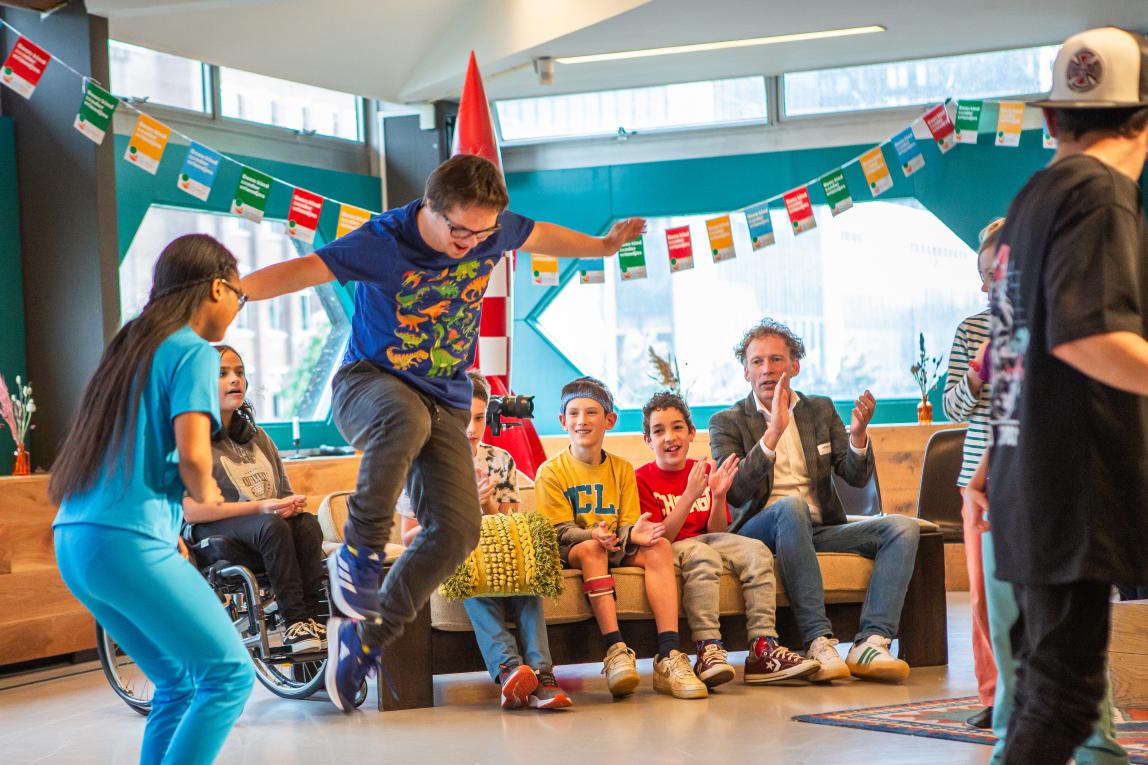
Hip-hop as a naturally inclusive space for leisure activities
11/17/2025 - 11:55
Leisure plays a pivotal role in enhancing the human condition, offering avenues for exploration, growth, and self-actualisation (Kleiber, 2017; Kleiber & McGuire, Leisure & Human Development, 2019; Tapps, Wells, & Parr, 2021). The World Leisure Organization (WLO) emphasises that "well-selected leisure experiences improve quality of life for all - from childhood to later life" (WLO, 2023). This article features the inclusive Samen Dansen (Dancing Together) dance project by Stichting het Gehandicapte Kind, which aims to foster inclusion among children with and without special needs through hip-hop dance classes.